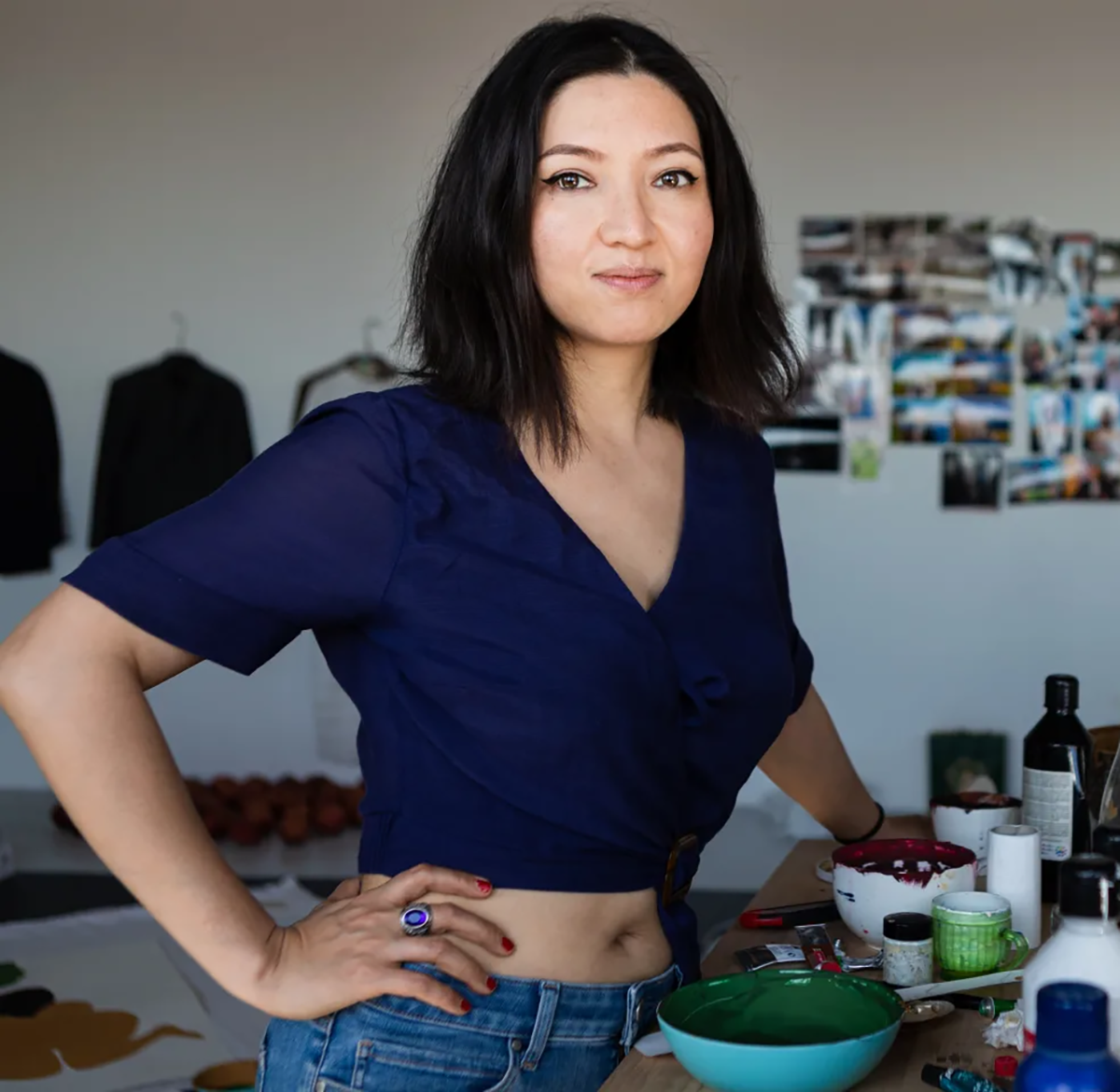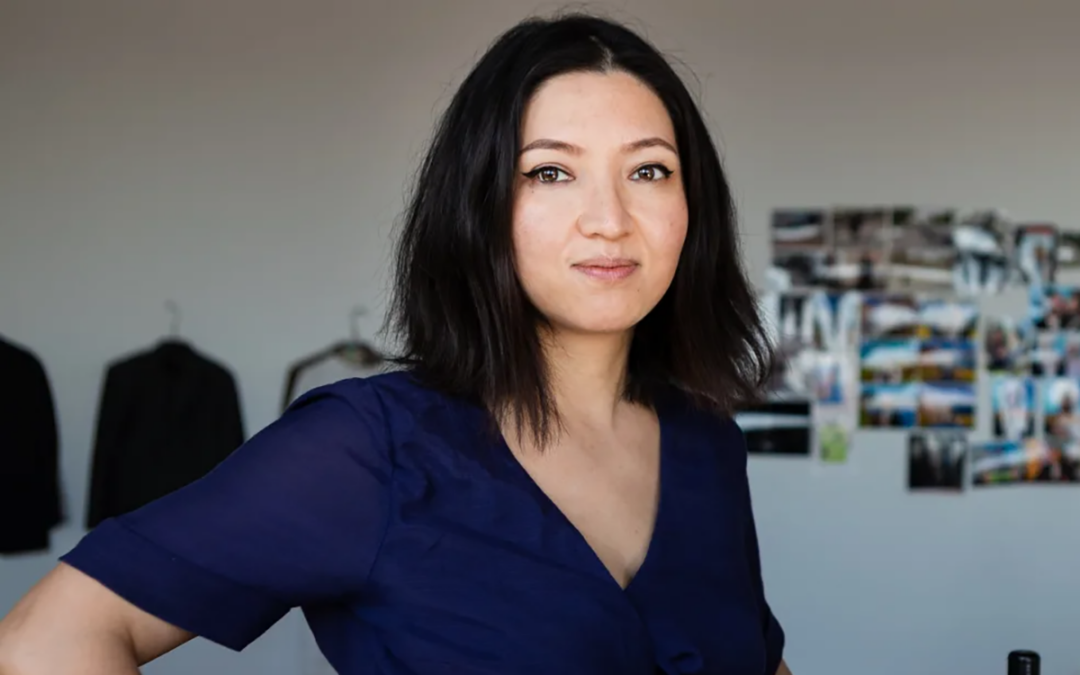Kubra Khademi
Performer, Visual Artist
Afghanistan

Kubra Khademi is an Afghan performance artist and feminist currently based in Paris. Her work explores her experience as a refugee and a woman. She studied fine arts at Kabul University and at Beaconhouse National University in Lahore, Pakistan. In Lahore she began to create public performances, a practice UN OHCHR (2013) Report of the Special Rapporteur in the field of cultural rights, Farida Shaheed on the right to freedom of artistic expression and creativity. Accessed 20 March 2020 that she continued upon her return to Kabul, where her work actively engaged the ways that extreme patriarchal politics dominate Afghan society. In 2015, after her performance piece Armor, about sexual violence, received immense backlash, Khademi was forced to flee her home country.
“Don’t explain anything to anybody—nobody owes that. I did, and that was not right, because artwork needs to be done. It needs to exist. The artist has the responsibility of doing that, and she should not have to explain it to anybody. We have the right to express ourselves, and if people ask why, just let the question go without any answer, because nobody is entitled to it.”
I always introduce myself as an artist, but I never considered myself an activist. Of course, the issues that I am interested in as a female or feminist artist are about the condition of women and the situation of women’s lives in my country. I never heard the term “feminism” when I was a child. I didn’t have that education or access to those kinds of resources. But unconsciously I was reacting to a lot of things—I was just drawing girls and women.
In Afghanistan I faced violence. It’s not something new. Violence is something that as a woman you live with on a daily basis. Being a woman artist and being a man artist in Afghanistan are two different things—it’s two different worlds. I was kind of in exile in my country because I was a woman in my country.
I strongly feel that exile has been a second life for me. It’s good and bad, it’s violence and also freedom, because I am so free here compared with my country, as a woman and as an artist. But at the same time, from another angle, I see how I am still being affected by the 2015 violence.
When I remained alive and came to France, a lot of Afghan intellectuals who were also in Europe stopped defending me. They said it was like I just saved myself now and closed the door for other young women who want to do something for the country. So I entered a second level of being criticized, for the fact that I remained alive. They suggested that I had to resist, I had to stay in Afghanistan, I had to face the consequences there, which is basically saying that I had to be killed—they don’t say it directly, but that’s what it means.






